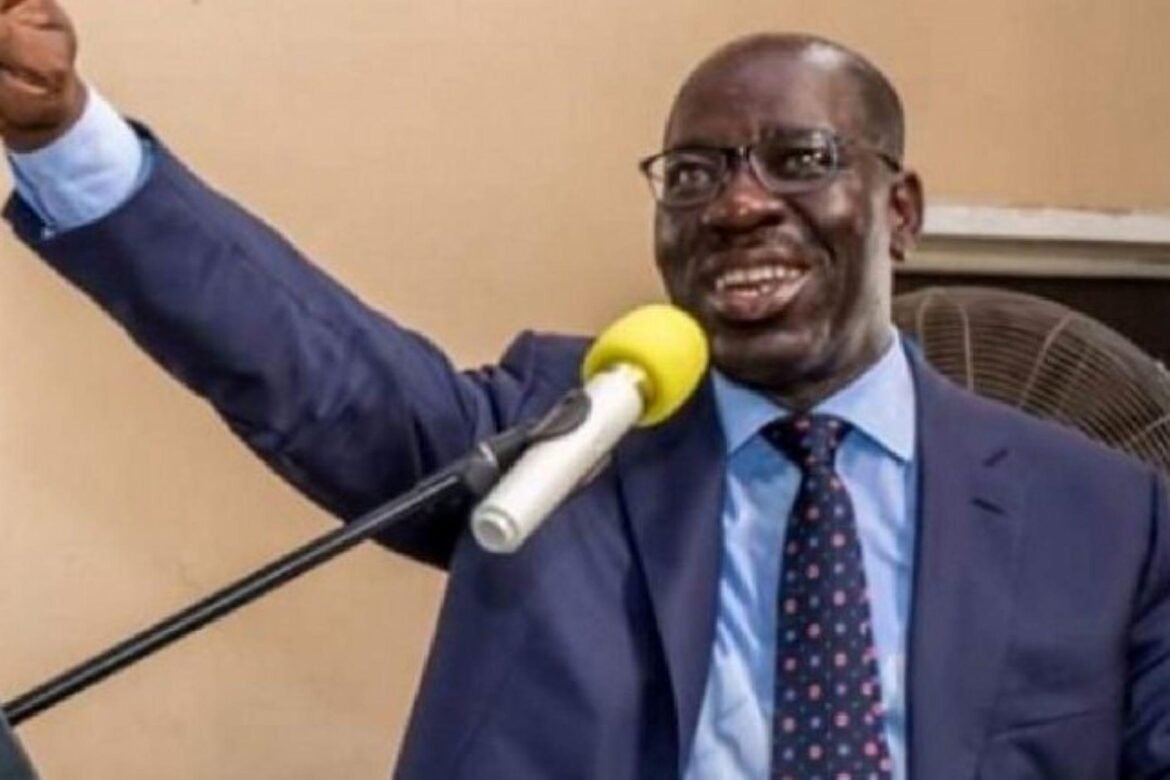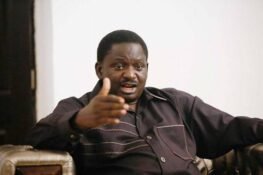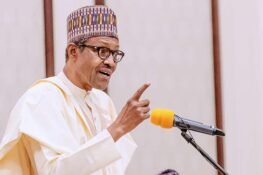An overview of elections in Nigeria since 1999 when democracy was restored to the country would readily reveal that winning elections through the ballot box has been herculean.
From rancorous party primaries, poor logistics and absence of a level playing field, to the misuse of security forces, manipulation of voting processes and judicial inequity, many persons were wrongly declared as winners of elections in Nigeria.
Unfortunately, there has been no departure from the fundamental observation made in 1999 by international election monitors led by former American President, Jimmy Carter: “of disparity between the number of voters observed at the polling stations and the final results.”
Consequently, the Nigerian electoral system has remained convoluted with its campaigns of calumny and electoral chicanery.
This was indeed, the state of the nation when the Independent National Electoral Commission (INEC) fixed Saturday September 19, 2020 for election to the office of governor of Edo state – an election that was held on schedule and concluded in 24 hours.
It was an unusually fast contest; but is it trustworthy?
The consensus is that although there were some hitches recorded during the process, a high degree of credibility was attained.
Many of the election observers attested to this which explains the resultant early acceptance of the verdict across political divides and spontaneous congratulatory messages received by the winner from political leaders including President Muhammadu Buhari.
It is thus rational to regard the Edo contest as a feat many will look up to in future elections in a developing society such as Nigeria where democracy is yet to be institutionalised.
While agreeing that the events in Edo may not exactly be replicated in other states, our premise is that a departure from the Edo benchmark will greatly be resisted by political parties, voters and the general public
This becomes more obvious when the Edo contest is compared to the poorly conducted governorship polls in Kogi and Bayelsa states the previous year.
So, is the Edo election capable of serving as watershed to the conduct of future credible elections in Nigeria?
This piece answers the question in the affirmative in view of the posture of the nation’s election administrators and the critical precedents they inadvertently or otherwise created in Edo last Saturday.
While agreeing that the events in Edo may not exactly be replicated in other states, our premise is that a departure from the Edo benchmark will greatly be resisted by political parties, voters and the general public.
Perhaps the most important attraction in the Edo election was INEC’s deployment of a new device – election viewing portal – which openly displayed votes counted and announced at each level of the process.
This rendered unviable, the alteration of votes thereby choking the plan to, as usual, rig the election while at the same time, assisting the people to claim ownership of their electoral process.
It is obviously time to review such context which has for long placed premium on mediocrity instead of merit in the recruitment of political leadership
Accordingly, the Edo contest exemplifies an election in which the votes of the people counted for the first time in many years.
The implication of this is that voter turn-out in future polls, especially the Ondo governorship election scheduled for October 10, 2020 will significantly improve.
As YAIGA Africa one of the frontline teams of election observers argues, “access to polling unit results increases the integrity of the electoral process and encourages acceptability of electoral outcomes.”
It is therefore hoped that Nigeria can now overcome the old order where her politicians imagined elections to be a game whose rules can be experimented upon by resorting to the use of every and any weapon in the spirit of ‘the end justifies the means.’
Public ownership of the electoral process which resonated in Edo may give rise to other demands such as a review of the current constitutional arrangement which restricts sponsorship of candidates for elections to political parties only.
It is obviously time to review such context which has for long placed premium on mediocrity instead of merit in the recruitment of political leadership.
The overwhelming acceptance of Godwin Obaseki of the Peoples Democratic Party (PDP) on account of his wonderful performance while in the All Progressives Congress (APC) underscored public preference for a person’s track record rather than party affiliation.
Osagie Ize Iyamu an acclaimed grassroots politician who lost the election would probably have garnered more votes than he did but for his bogus baggage of sponsors and godfathers.
Why then will the nation not create room for Independent Candidates in her future elections and give herself a wider platform for the emergence of visionary leaders that can conceive and execute good development projects?
With a high rate of unemployment, weak economy and other adverse indices threatening to dismember the nation, there is no better time than now to institute in Nigeria, a framework that can strengthen the veritable linkage between democracy and societal development.
Nigeria, no doubt, desires a democratic system that is premised on government of the people rather than government of politicians.
Professor Iredia OON, former Director-General of the Nigerian Television Authority (NTA), is a lawyer, sociologist and an expert in political communication.








